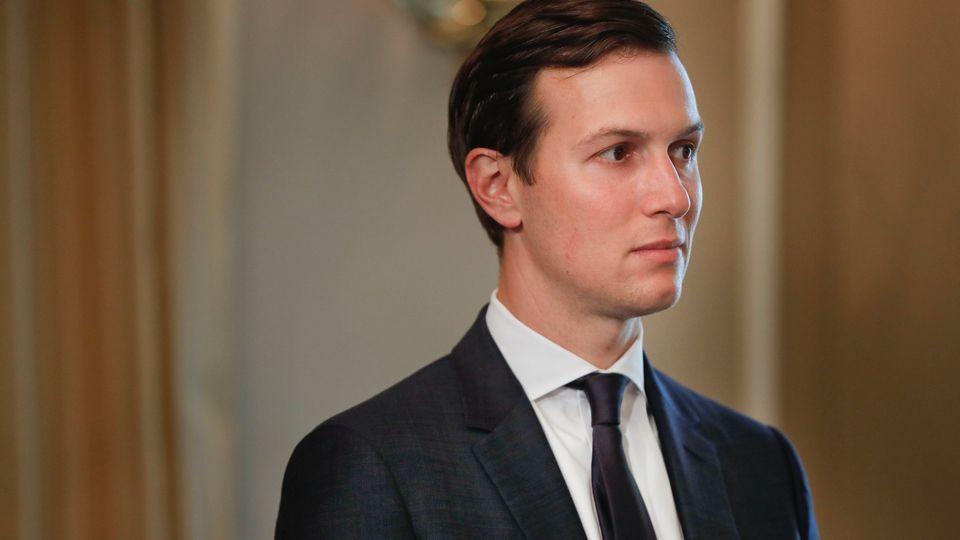Jared Kushner: Insights into His Political Influence

Introduction
Jared Kushner, the son-in-law of former President Donald Trump, has emerged as a significant figure in US politics, shaping policies and strategies during the Trump administration. His roles as an adviser and his involvement in various initiatives make understanding his influence crucial in evaluating recent political developments.
Role in the Trump Administration
Kushner played a pivotal role in the Trump administration, serving as a senior adviser from January 2017 until January 2021. His responsibilities included a broad spectrum of areas, ranging from Middle East peace negotiations to criminal justice reform. Notably, Kushner was instrumental in the brokered Abraham Accords, which led to normalised relations between Israel and several Arab nations, a significant achievement that continues to influence geopolitical dynamics today.
Key Initiatives and Policies
Aside from international affairs, Kushner focused on domestic issues, such as revitalising urban areas and reforming the criminal justice system. His work on the First Step Act, which aimed to reduce sentences for non-violent offenders and encourage rehabilitation, reflected his commitment to addressing systemic issues within the American judicial framework. Additionally, Kushner’s interests in innovation and technology were evident through initiatives that aimed to modernise government processes.
Controversies and Criticisms
Kushner’s tenure was not without controversy. Critics often pointed to his lack of formal political experience and questioned the extent of his influence on significant policy decisions. His close relationships with foreign leaders and businessmen, including those in Saudi Arabia and Israel, have raised concerns over potential conflicts of interest. The administration’s response to the COVID-19 pandemic also saw scrutiny, with Kushner’s leadership in the initiative drawing mixed reactions from health experts and political analysts.
Post-Administration Era
Since leaving office, Kushner has continued to engage in various business ventures and has taken on a role in his family’s real estate business. Furthermore, he has been active in discussions around political philanthropy and has hinted at potential future involvement in the political landscape, highlighting ongoing relevance amid a changing political climate in the United States.
Conclusion
Jared Kushner’s influence on the Trump administration has had lasting effects that resonate in current political discourse. His involvement in key policy efforts and the controversies surrounding him paint a complex picture of a figure who navigated the intersection of business and politics. As the United States continues to evolve politically, observing Kushner’s next moves will provide insights into the ongoing interplay between past and present political currents.
